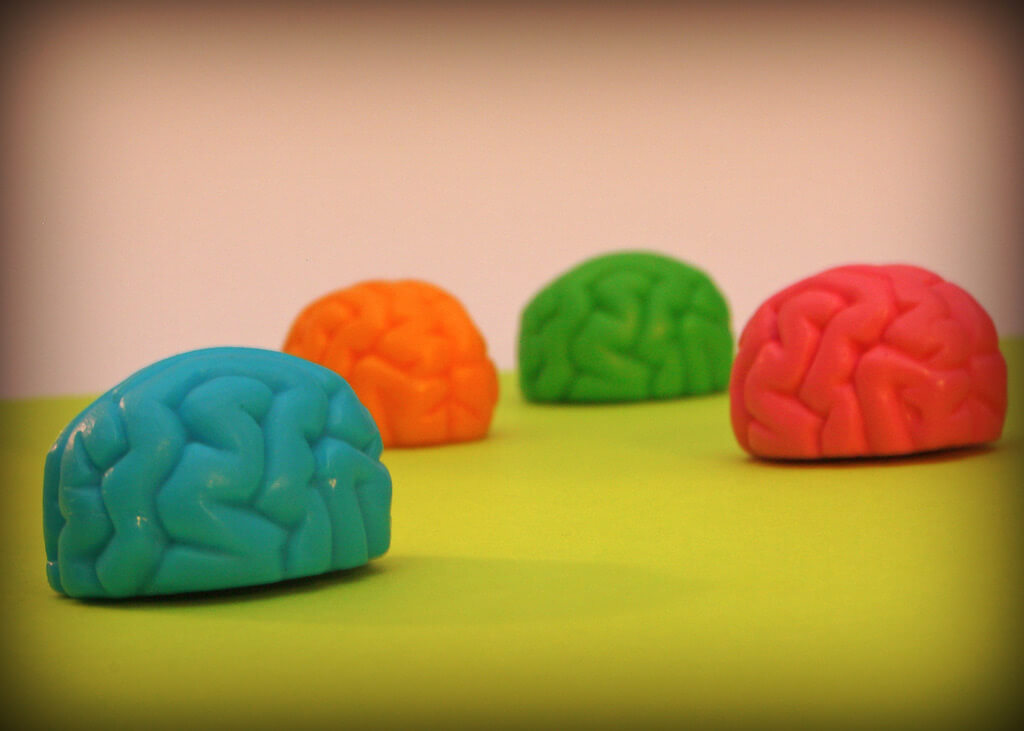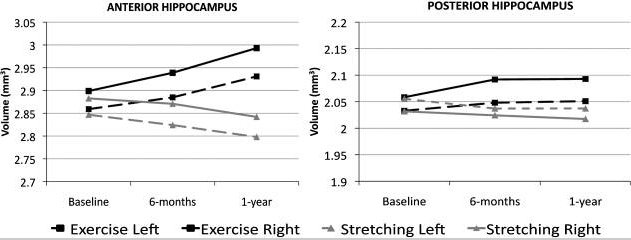
Kristy Venosdale via Flickr
Through college, I got a lot of advice from professors and fellow students on a bunch of study hacks. Some of the study hacks I heard sounded crazy to me. Like the students who stayed up all night reading chapter after chapter in a textbook or writing papers. I like my sleep too much!
Eventually, I found my own way to study, but I was still curious if there are more efficient ways to study than the one I used. I’ve done the research and collected some science-backed study hacks useful for any learner.
1. Learn by “chunking”
If you’ve taken a psychology class, you may already be familiar with the idea of chunking. The theory is that people tend to remember things better when they learn related ideas in small chunks, rather than simply trying to cram all the details of a topic into their heads at once.
It’s all based on the capacity of the working memory and how our brains turn short-term memories into long-term ones. Psychologists have consistently shown that people can easily recall a string of numbers or names that is 5 to 9 objects long. That means the average person can repeat about 7 items back a few seconds after being given a list.
Students who cram may be taking in a lot of information at once, but since their working memories can’t hold all those facts, they tend to forget most of what they learn. One way to overcome knowledge loss by cramming is to chunk topics together. Research has demonstrated that subjects tend to remember more items on a list when they relate certain items on the list with others.
So if you find yourself in the (non-ideal) situation where you need to remember a large amount of information in a small amount of time, try to group facts together based on their characteristics. Or, find a pattern in the information that is meaningful to you to connect seemingly unrelated ideas.
2. Don’t fall victim to the Forgetting Curve
You’ve heard of learning curves, but have you ever heard the Forgetting Curve? Research shows that people are much more likely to be able to recall information from a one hour lecture when they review what they learned later on. And, not surprisingly, the more times one turns the information over in their mind, the longer they’ll remember it.
Like chunking, this hack is based on the functioning of the working memory. People take in an astounding amount of sensory information each day. Since not all of this information is important, the brain must decide what to hold on to and what to forget. One way the brain decides what takes priority is by paying more attention to information that it has processed multiple times.
You’re more likely to remember information from your lectures if you review what you’ve learned every day for a small amount of time everyday rather than cramming. If you don’t have time to review everything you’ve learned in a class everyday at least try to make sure you’ve looked at and actively processed a topic several times before a test.
One way to do this is to actively read the relevant material from your textbook before your lecture, take notes, and then review those notes that night before you go to sleep. Obviously, it’s helpful to look over your notes again before a test, and the more time you can find to review, the less you’ll be re-learning before your test. It can actually help save you time in the long run!
3. Exercise before you study (and consistently!)
Exercise has both long and short-term effects on cognition. When you exercise, your body interprets the physical stress as you fighting or fleeing an enemy and activates your sympathetic nervous system. In response, your brain is flooded with extra blood, rich in oxygen and nutrients, to make what it thinks could be life-saving decisions. It’s even been demonstrated that exercise can lead to neurogenesis, or the creation of new brain cells–a process previously thought impossible.
In addition, a brain structure called the hippocampus is stimulated during exercise. Research has shown that the hippocampus is important for reasoning and memory. Besides short-term boosts in cognition, regular exercise can actually slow down age-related shrinkage of the hippocampus.

Erickson KI, Voss MW, Prakash RS, Bsak C, Szabo A, Chaddock L, Kim JS, Heo S, Alves H, White SM, Wojcicki TR, Mailey E, Vieira VJ, Martin SA, Pence BD, Woods JA, McAuley E, Kramer AF. Exercise training increases size of hippocampus and improves memory. Proc Natl Acad Sci USA. (2011) 108: 3017–3022.
Another benefit of exercise is its role as a stress-reducer. Stress can be a huge hindrance to focus and memory formation (thanks to the hormone cortisol), and unfortunately, college can be extremely stressful. Luckily, exercise is a cheap and easy way to curb some of the stress associated with day-to-day life, ensuring you can focus on learning what you need to for your classes.
The Department of Health and Human Services recommends 150 minutes of moderate exercise each week to maximize benefits. Small lifestyle changes, like walking or biking to class or work, are an easy way to get those minutes in. To get the immediate benefits of exercise before a study session, try doing 20 minutes of moderate cardio before hitting the books.
4. Study before you go to sleep
A collaborative study published by researchers from Notre Dame and Harvard found that research subjects tended to remember unrelated word pairs better if they had learned them shortly before a good night’s sleep, rather than in the morning before 12 hours of being awake.
It has long been theorized that sleep helps to stabilize the memories we form throughout the day. Interestingly, it seems that being awake does the exact opposite–creating interference in our memories and causing us to forget some of what we’ve learned.
This just serves as more evidence it’s best not to pull an all-nighter. Try to get 7-8 hours of sleep consistently, and possibly schedule a study session before bedtime.
5. Break up long study sessions for better focus
You may be tempted to commit yourself to hours-long study sessions. There’s nothing wrong with having the occasional study-athon, just make sure that you give yourself shorts breaks while you work.
Research has shown that when people try to focus on a single task for a long period of time, their minds start to wander. It’s the same phenomenon you experience when you hear the same sound over and over again–you become habituated to it, and it becomes background. The idea is the same for a task you’re trying to focus on. In essence, you start going through the motions without actually thinking about what you’re doing.
It turns out that taking short intermittent breaks can help you regain focus and study more effectively.
If you know you have problems focusing while studying or are simply interested in getting the most out of your study sessions as possible, try this: set a timer for the amount of time you think you can study without your mind wandering (you could even use the timer to measure the time between when you start studying until you notice yourself becoming distracted) then, once that time is up, take a short (around 5 minutes) break to engage your mind in some other task, such as grabbing a coffee or starting a load of laundry before sitting back down to study. This should allow you to reboot and refocus on studying.
Not all of these study hacks will work for everyone. But it’s worth trying these study hacks out to see if they can afford you even a small advantage. Time is precious–why study in a way that’s not helping you learn the best you possibly can?


